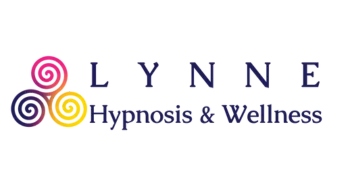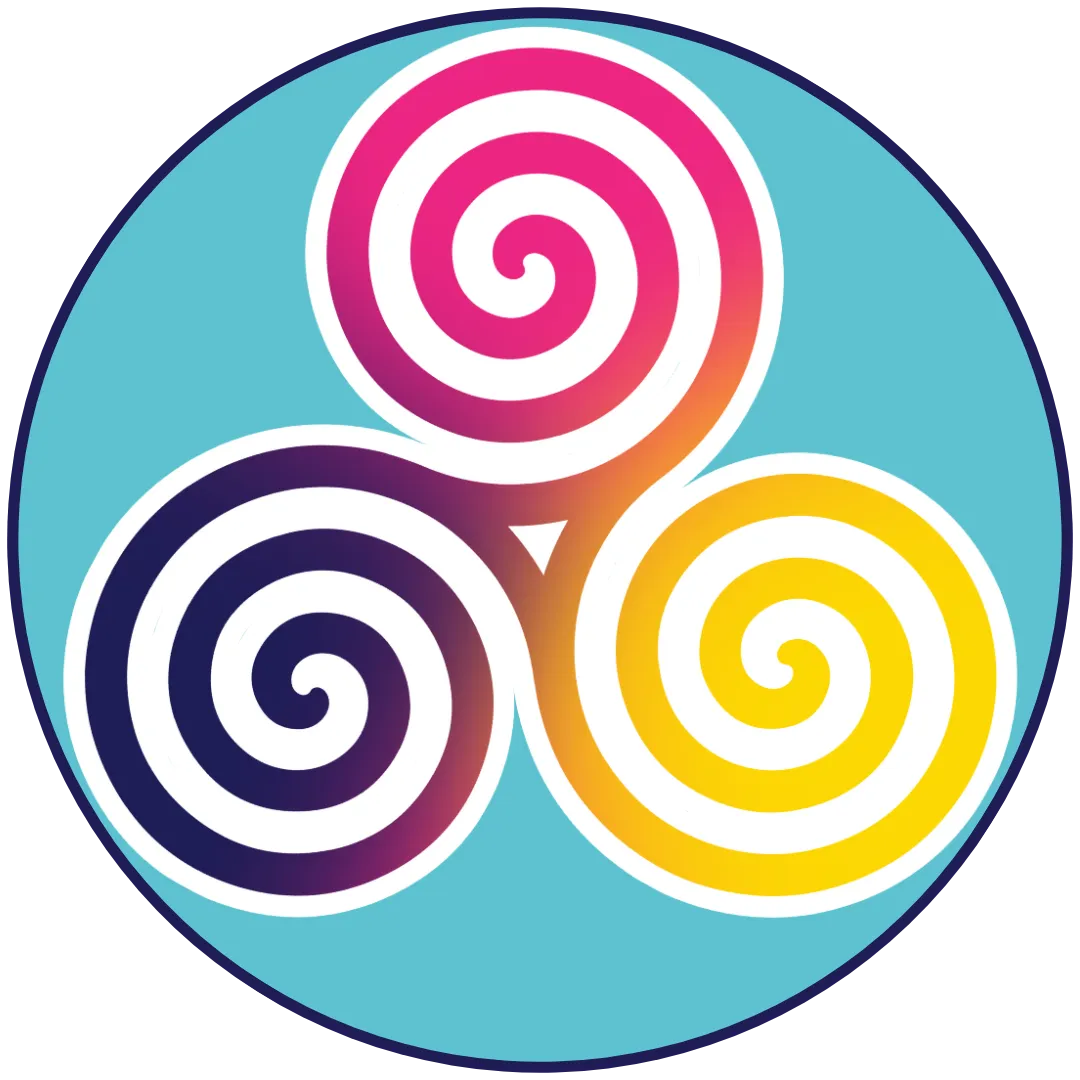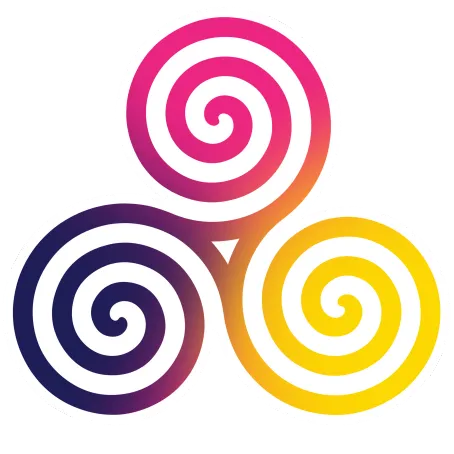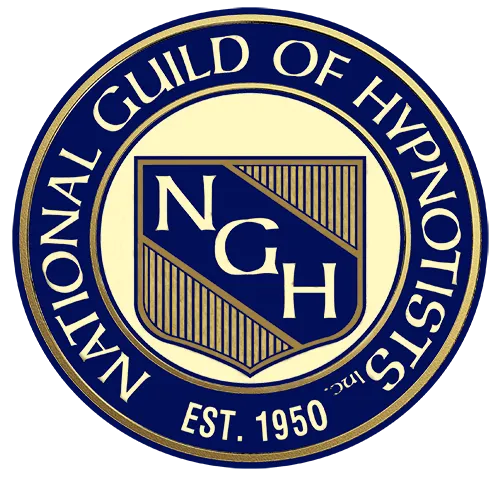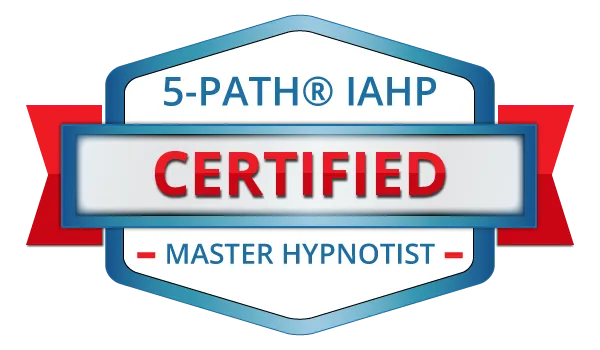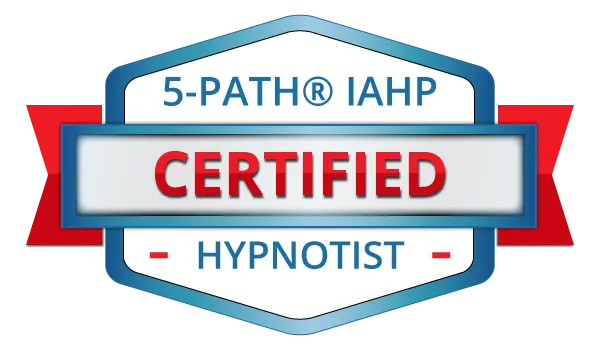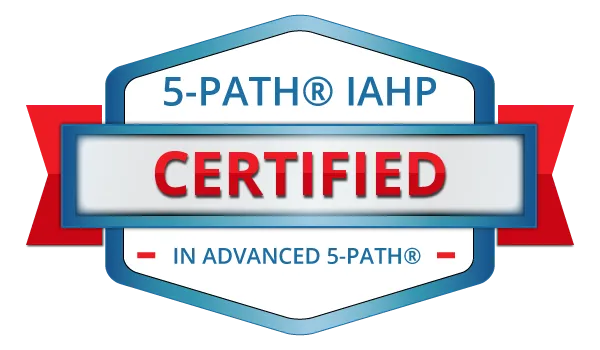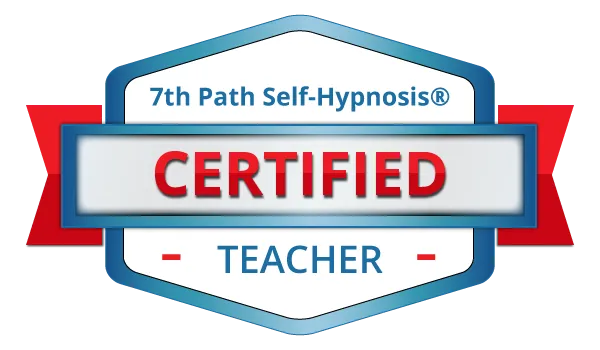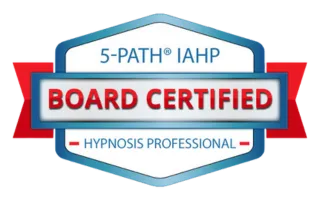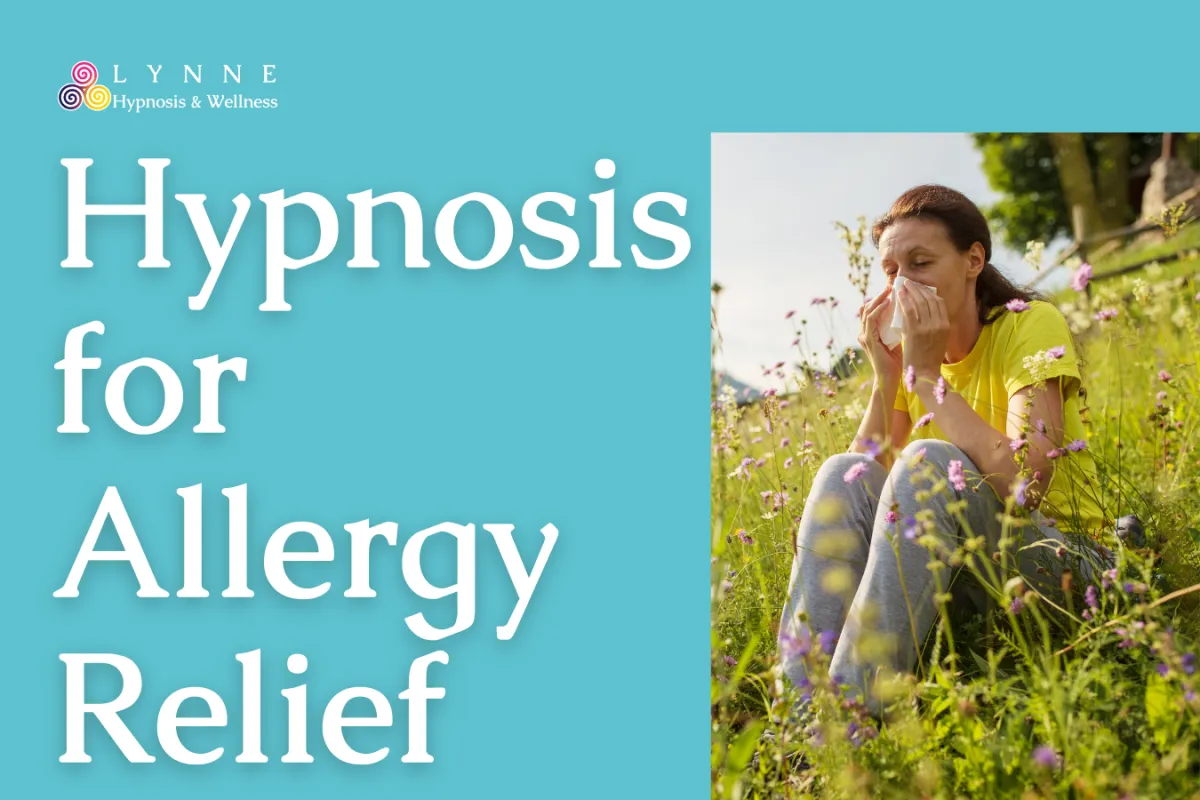
Hypnosis for Allergy Relief
When was the last time you felt truly in control of your allergies? For many high-achieving women juggling demanding careers, family commitments, and personal goals, allergies aren't just a seasonal nuisance; they're a barrier to performing at their best. But what if there was a way to manage those allergic responses that's easy, empowering, and backed by emerging science?
Enter hypnosis.
Yes, hypnosis. Once considered a niche practice, hypnosis is gaining traction as a holistic tool for improving health. With growing interest in alternative medicine and the mind-body connection, science is starting to shine a light on how the power of suggestion might rewire our responses—even our allergic reactions.
Here's what we know so far and why it might be worth exploring.
What Science Says About Hypnosis and Allergies
A study published in Psychotherapy and Psychosomatics investigated the effects of self-hypnosis on allergic rhinitis (commonly known as hay fever). The study taught participants self-hypnosis techniques over an average of just 2.4 sessions. The results were notable:
Symptom Relief: Participants reported a 29.2% improvement in symptoms in just one pollen season.
Less Medication: They also reduced their use of anti-allergy medications, enabling a more natural approach to managing their condition.
Better Tolerance: Under hypnosis, participants experienced less severe nasal mucosal swelling when exposed to allergens.
While daily records didn't show significant improvements, retrospective assessments and objective tests revealed substantial changes, particularly for those who consistently practiced their self-hypnosis techniques. The findings suggest that hypnosis works by enhancing the mind's control over immune responses, gradually reducing allergic reactions.
How Hypnosis Works for Allergy Management
Hypnosis is more than stage performances or a swinging pendulum. It’s a carefully guided process where a practitioner helps you enter a relaxed, focused mental state. From this state, you become open to positive suggestions that help reframe how your body reacts to external triggers like allergens.
For allergy sufferers, here’s how hypnosis might help:
Calming the Mind: Stress can exacerbate allergic symptoms. Hypnosis induces a state of deep relaxation that may dampen the body’s stress responses.
Reprogramming the Brain: Hypnosis strengthens the mind-body connection, allowing you to influence physiological processes such as inflammation or mucus production.
Empowering Self-Control: Techniques like self-hypnosis give you an actionable way to manage symptoms when they arise, promoting independence from medications.
This makes hypnosis more than a reactive approach; it’s also preventive. By practicing regularly, you could reduce the frequency and intensity of allergic responses over the long term.
A Unique Approach in a Growing Holistic Health Trend
Hypnosis fits seamlessly into a broader shift toward personalized, holistic medicine. Here’s why:
Limitations of Traditional Treatments: Antihistamines and corticosteroids don't work for everyone and sometimes come with side effects like drowsiness or dependency. Hypnosis offers a side-effect-free alternative. Studies suggest it has no significant adverse effects, according to clinical trials.
Mind-Body Alignment: More businesses and researchers are exploring how mental states influence physical health, from reducing pain to managing asthma. Hypnosis aligns with this trend by using focus and relaxation as tools for change.
Empowerment Through Self-Treatment: Mastering self-hypnosis allows allergy sufferers to take an active role in their care, which aligns with the increasing trend of patient-centered healthcare.
Getting Started with Hypnosis for Allergies
If you’re intrigued by the possibilities of hypnosis but don’t know where to start, consider these options:
1. Partner with a Certified Hypnotherapist
Work with a professional to receive personalized guidance tailored to your specific allergy symptoms. A certified practitioner can design sessions that address your triggers and help build your confidence in using self-hypnosis.
2. Learn Self-Hypnosis Techniques
Self-hypnosis is easy to learn and extremely practical. Most people can master it in just 2-5 sessions. Techniques often involve imagining a “safe place” while focusing on positive suggestions, like “My body feels calm in this moment.” Once learned, you can practice anywhere—from your desk to your living room.
3. Combine Hypnosis with Your Current Allergy Plan
Hypnosis doesn’t mean you need to abandon your existing allergy treatments. Many people benefit from using it alongside medication, gradually reducing medication use as their symptoms improve.
4. Track Your Progress
Keep a journal of your symptoms, triggers, and the effectiveness of your hypnosis sessions. Seeing tangible improvements over time will motivate you to continue practicing.
What’s Next for Hypnosis in Allergy Research?
While initial studies are promising, more research is needed to fully understand how hypnosis can impact allergies. Current findings suggest that the technique can influence nasal swelling, improve well-being, and reduce medication use, but the results aren't always consistent across individuals.
Ongoing research into how the central nervous system, immune system, and mind interact will likely broaden our understanding of hypnosis’ applications to chronic allergic conditions. This aligns with a growing focus on mind-body medicine and its role in shaping the future of healthcare.
Take Action!
Imagine reducing your allergy symptoms without relying solely on medication. Or being able to take a deep breath during pollen season without discomfort. Hypnosis offers new possibilities for allergy sufferers looking for a holistic, empowering way to manage their condition.
We’d love to know your thoughts. Have you tried hypnosis or another alternative method for managing your allergies? Drop a comment below to share your experience or ask questions.
For those interested in giving hypnosis a try, there’s no time like the present. It’s time to explore what your mind can do for your body. Together, let's uncover the tools that can help you reclaim your well-being and performance.
Stay informed. Stay in control.
